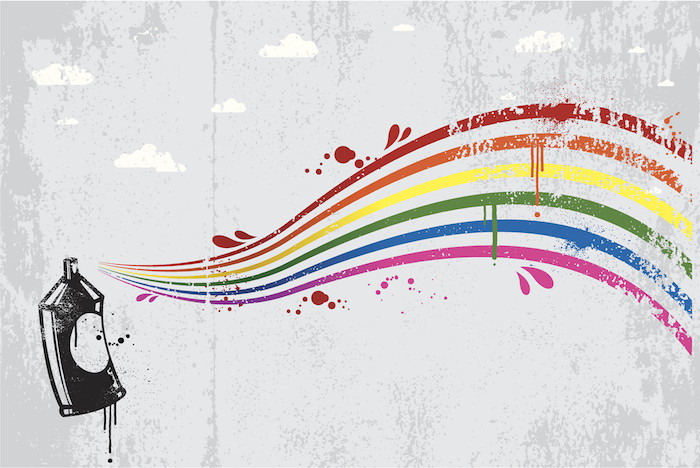
James O'Hara, director of Public, Picture House Social, The Great Gatsby and Ambulo in Sheffield, is aghast as anyone to find positives have emerged from the pandemic.
Blessed though I am with a bucketful of Yorkshire gallows humour, writing a piece about the positives of the pandemic feels like too callous a joke, even for me. Trying to find rays of light from the last year is like squinting through a shit storm, but – and it’s the biggest of all buts – I think there are lessons that have been learned over the last year that can make UK hospitality stronger in the future. What can I say? I’m a glass half full sort of bloke, so here goes…
Diversification
Extra revenue streams beyond your four walls are here to stay. Personally, I was resistant to bottled cocktails at first. I felt that the experience of a bar like Public couldn’t be bottled, that a lot of the value of the place was in being there, the décor, the staff, the music, the atmosphere. That remains true in large part but what became clear was that people actively want to support the places they love. They also want to go away with a piece of it. I expect most bars to continue to have some shop presence online as well as small areas on back bars or in cabinets for customers to go away with after their visit.
Bar owners are now seeing their businesses in terms of ‘the brand’ and revenue that can be made in this relatively passive way can only be a good thing going forward. I can see this half-and-half scarf becoming a fixture when bar takeovers return.
The high street
We are the future of the high street. I believe this and local authorities are starting to believe it too. We were ‘experiential’ before every bloody academic on a steering group started saying the word experiential. Retail in its current form was in flux way before Covid-19 and all it’s done is speed up its inevitable demise.
What are city centres and high streets without F&B businesses? Excruciatingly boring for one, and completely unsustainable for another. Our sector is now being taken seriously and rightly so; we made our venues safe, we adapted, readapted and then adapted some more. We tracked, we traced, we wiped, we cleaned, we kept people safe and we looked after our employees.
We should be proud of what we’ve done over the last year and we have done wonders for the reputation of UK Hospitality as a whole. The authorities know it and the landlords know it; they’ve got to take us seriously now. They need us and our cities do too.
Table service
Pre-booking to sit in a pub? Having to sit down? I just want a pint! In the course of the last year the British public has been forced to do things they might once have grumbled about, but guess what? Once everyone tried it, it turns out it’s really nice to go out knowing you’re guaranteed a seat in your favourite pub and it’s really nice not getting elbowed in the face at the bar by Big Kev from the marketing team.
Out of the dystopia of the pandemic will come a utopia of tree-lined promenades awash with rattan café seating, civilised-looking people in nice macs smoking vogues on a bench outside a natural wine bar while ordering their cheese flight from an app. Ok, I’m being pithy but from the point of view of bars, their staffing, stock purchasing and the like, having a good idea what each day is looking like from a booking platform is incredibly useful so perhaps table service and booking for drinks is here to stay.
Solidarity
Solidarity is the word I keep coming back to when I think of the hospitality industry over the last year.
In what was an amorphous, non-unionised mess of businesses across all parts of the country there’s the sense that the pandemic has galvanised us. People’s voices are being heard and the public at large now have an appreciation of how important we are to the fabric of the country.
Throughout the pandemic, I’ve had weekly phone calls (therapy sessions) with operators from across the country. I’ve even spoken to people in Leeds! We’re going to come out of this with more of a voice than when we went in. Some of the businesses we love won’t make it but the ones that do will be part of an industry that is united, where we all have each other’s backs and where we are taken seriously for what we are: a crucial pillar in the culture of our country.


